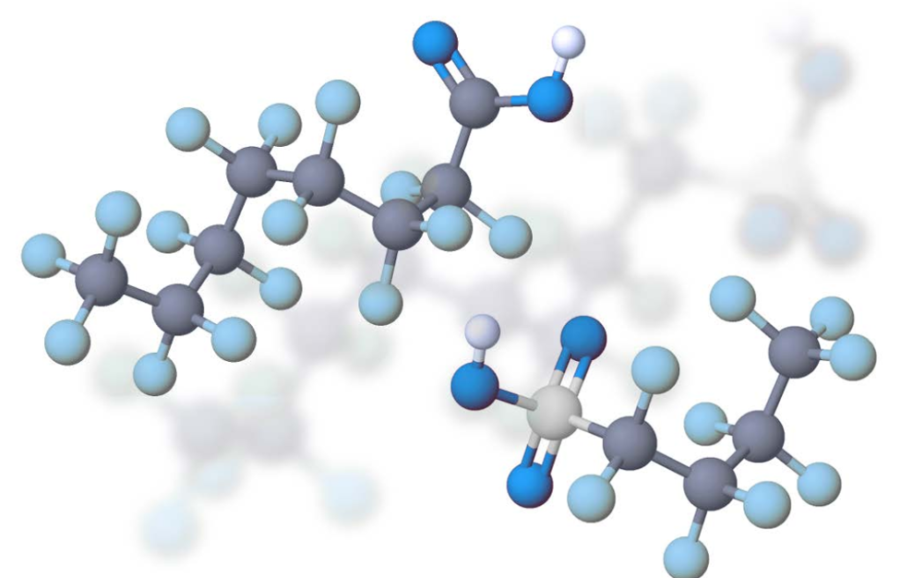FYI: Per-and polyfluoroalkyl substances (PFAS) are a group of chemicals used to make fluoropolymer coatings.
Also know by the name “Forever chemicals” because they do not break down in the environment. They are specifically made to resist heat, oil, stains, grease, and water.
This new process can improve drinking water by breaking down the chemical bonds in just seconds.
The following written contact from Mark Strassmann

Researchers estimate more than 200 million Americans in all 50 states could have cancer-causing carcinogens in their drinking water. The toxic chemicals per- and polyfluoroalkyl substances, called PFAS, have been virtually indestructible — but new technology aims to change that.
Sandy Wynn-Stelt discovered too late that her Michigan home sat across from a former waste dump. Her husband died of cancer six years ago and she has had thyroid cancer. For more than 20 years, they drank well water contaminated with PFAS.
“You can’t see it. You can’t taste it. You can’t smell it. You will not know it’s there unless you test for it,” Wynn-Stelt told CBS News.
PFAS — man-made, practically indestructible chemicals — became widely used for their ability to resist oil and water. They’ve been found in some firefighting foams, cosmetics and non-stick cookware, among other products. Because the chemicals don’t break down in the environment, they can contaminate soil and drinking water sources, where they can accumulate and eventually make their way up the food chain.
At least 2,854 locations in 50 states and two territories are now known to be contaminated with the chemicals, according to the Environmental Working Group.
“The threat is real,” said Amy Dindal, PFAS program manager for Battelle, a scientific nonprofit that has developed promising technology to eliminate the problem. Battelle uses a process called supercritical water oxidation to break down the chemical bonds in just seconds.
“‘Supercritical water’ means that you increase the temperature and increase the pressure and you get it into a special state, where the oxidation will occur more naturally. So in this special state, it breaks the [carbon–fluorine] bond,” Dindal told CBS News.
Battelle said it has successfully used the process in its labs to essentially annihilate PFAS in drinking water and has begun partnering with the waste management company Heritage Crystal-Clean for additional testing.
“I absolutely think it’s an answer that nobody has had before,” Brian Recatto, CEO of Heritage Crystal-Clean, told CBS News. Read more from CBS





